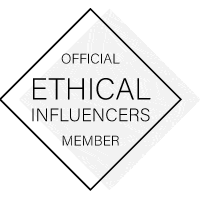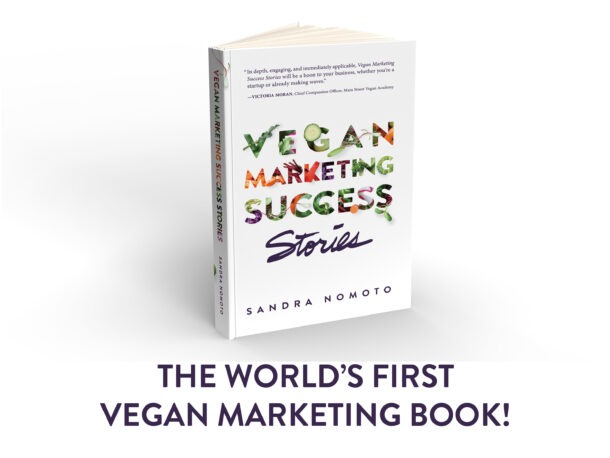One of the world’s only books to really discuss ethical fashion
Desiree Dupuis, the author of Consciously Chic: a playbook for ethical Fashion: Your guide to mastering sophisticated, sustainable, style, is a friend and vegan colleague. When she announced she’d written a fashion book, I jumped at the chance to review it.
She’s a very busy serial entrepreneur, so I don’t think an official book launch was on her radar, but if you love fashion but want to be more ethical in your choices, this book should be on your physical or digital shelf!
When writing this post, I Googled to see if there were any other books out there about vegan fashion, and there are only two that came up right away. That means all the other books out there on eco or ethical fashion likely aren’t considering animal materials, or at least not intentionally. (I know the author of Total Ethics Fashion, Collective Fashion Justice’s Emma Håkansson, is vegan and her book includes vegan fashion.)
Highlights worth mentioning:
- The author’s definition of ethical fashion includes fair labour practices and sustainability. All clothing has a carbon footprint.
- She talks about the LCA (Life Cycle Assessment) Methodology of a pair of shoes and a cotton t-shirt as an example of how sustainability can be measured in this industry.
- Similar to Vegan Interior Design, Dupuis talks about animal-based materials like leather, wool, suede, fur, silk, down, pearls, and bones/horns and the impact some of these materials have on the health of workers.
I’m going to take a break here and show a one-minute video about how real fur is made from animals. When I watched Dominion for the second time, the only scene that really made me wince was the one in which they literally pull the skin off the animal.
If you’re buying fur, it’s important to know how it’s made.
Other highlights from the book:
- Organic cotton is (obviously) better. I didn’t know it could be genetically modified though!
- Chapter 3 is dedicated to plastic and the pervasiveness and environmental impact of polyester, polyurethane, and PVC (Polyvinyl Chloride). She introduces leather made of mushroom/mycelium, pineapple, cactus, and corn (I know other companies are working on leather made of many other materials!).
- In Chapter 4, she covers next generation materials: recycled fabrics, plant-based textiles, lab-grown materials, biodegradable polymers, and examples of brands that are using them.
- The book ends with the 6 Rs of sustainable shopping, how to slow down fast fashion, resources for eco-friendly living, and future trends, including customization.
Below are some photos of the author from the VOES & CO website, showing her two products: Harlow vegan chelsea boots made of corn leather (black) and Harlow vegan chelsea boots made of cactus leather (white).




What I would have advised the author to do differently
- Chapter 5 is solely dedicated to the author’s brand, VOES & CO, and how her products could be styled with different outfits. I would have suggested this go at the end, as it’s promotional and seems a bit out of place.
- For a topic that’s inherently visual, diagrams and photos of brands manufacturing products or using better materials would have made this book better.
- References are missing; I wasn’t bothered by this, but some readers might want to dig more into resources to back up claims.
- Some words and phrases are repeated close together; working with a pro editor would have eliminated this.
- Lack of a copyright page and atypical formatting signify this is the work of a first time self-published author (I did this on my first book too!).
At 67 pages, you might think there’s no way to tackle a topic like ethical fashion in that short of a book, but Dupuis does it with compelling evidence and an obvious passion for trying to make the industry better.
Need a book coach, ghostwriter, editor, or formatter to help you create your non-fiction book so you can get it in the hands of readers? Read more about my services here and contact me if you’re ready to begin!






